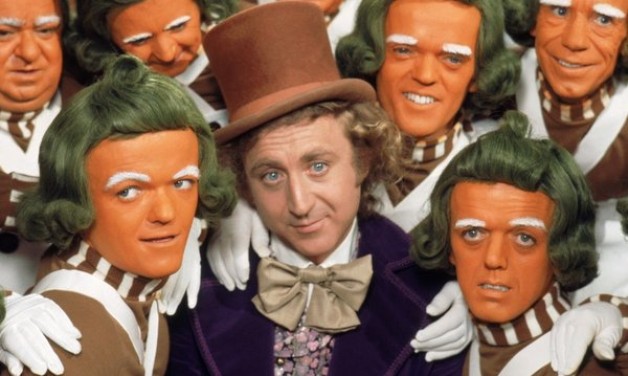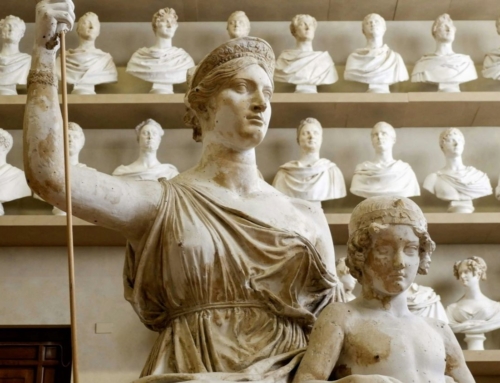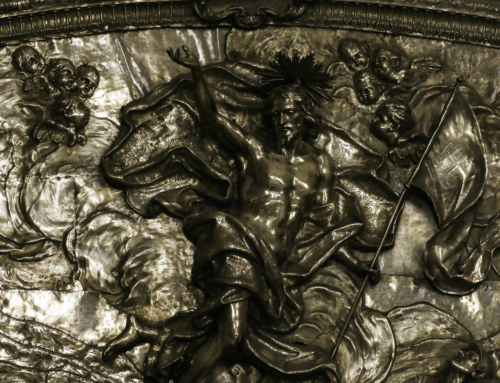Do you ever get silly tunes stuck in your head? I know my Dominican brothers are going to tease me about this, but I recently re-watched the 1971 film, Willy Wonka and the Chocolate Factory, and I have the “Oompa Loompa song” stuck in my head.
I have to admit that the Oompa Loompas are my favorite characters in the movie. They are happy little people with a simple creed: If you behave and have a good moral character, you will live in happiness, too, like the Oompa Loompa (do-ba-dee-doo).
I think the Oompa Loompas, to a certain extent, are on the right track in understanding how we obtain true happiness. In their riddles, the Oompa Loompas tell us how excessive desire for material things leads to a defect in a person. In the film, we see four extremely possessive children become victims of their own vices. The Oompa Loompas mock these spoiled children, giving them unflattering comparisons to an elephant, a cow, and a Siamese cat. They even say that one of the children has “an IQ of three.”
Bad moral actions make us appear to be less human, but good moral actions reflect a perfection of our human nature. And since, according to St. Thomas, happiness consists in the attainment of our perfection, a person whose actions are good is also a happy person. So is it safe to say that the Oompa Loompas, who claim to be happy, are also morally good people? Unfortunately, the film doesn’t provide us with any moral scenarios of the Oompa Loompas – we would need to see a film about the Oompa Loompas in order to make a decision about their own moral character and decide if they are telling the truth about their happiness.
The creed of the Oompa Loompas offers us an occasion to note that the path to happiness is not this simple. We do not obtain perfect happiness by our own moral actions; rather, we are good on account of what we are given. Our own moral goodness depends on some higher goodness in which we participate.
The relationship between the Oompa Loompas and Willy Wonka is in some modest (and perhaps imaginative) way analogous to our relationship with God. In the movie, we discover that the Oompa Loompas were once defenseless creatures in their native Loompaland. Out of compassion, Wonka brought the Oompa Loompas into his chocolate factory. They have to do lowly work in this safe-haven, but they are repaid with an abundant share in Wonka’s cocoa. The Oompa Loompas are made happy by participating in the goodness of Willy Wonka’s mercy. Just as the Oompa Loompas depend on Wonka for their flourishing, so do we depend on God.
By this analogy I do not mean to give Wonka the place of God. Rather, I want to reveal that our goodness is always a participation in God and is therefore never something that we have earned on our own. The simple creed of the Oompa Loompas is therefore insufficient. My good actions are necessary for my happiness, but they are not sufficient. God’s goodness and mercy is an even more fundamental part of happiness. Ultimately, we are made happy by the One who has mercy on us, who brings us to the place where all the saints sing together in unison: My soul proclaims the greatness of the Lord, my spirit rejoices in God my Savior; for He has looked with favor on His lowly servant.
✠
Image: Willy Wonka and the Chocolate Factory, 1971







